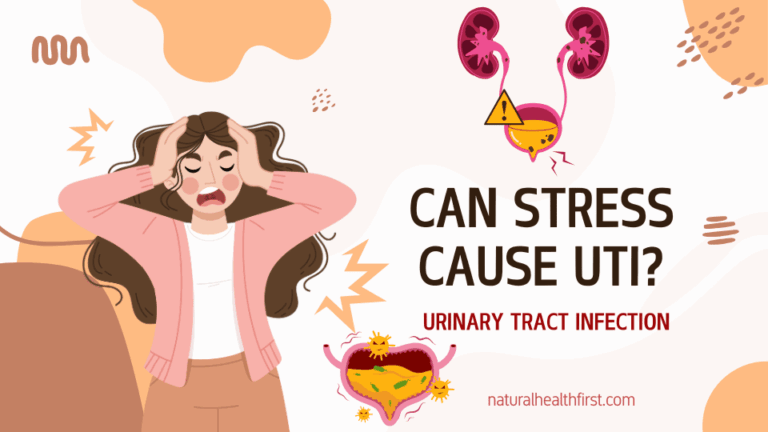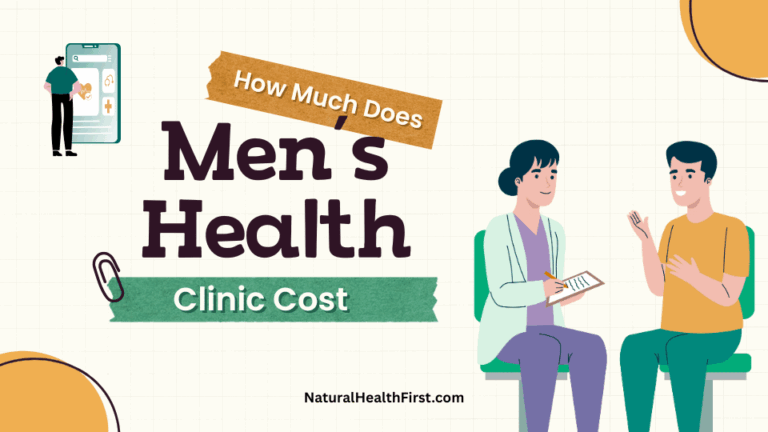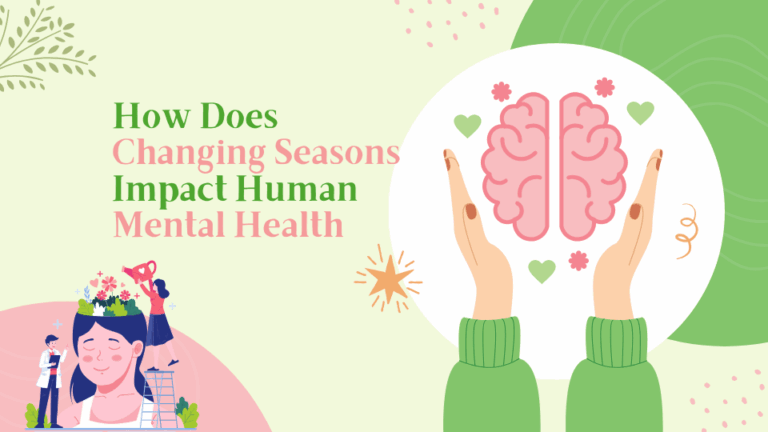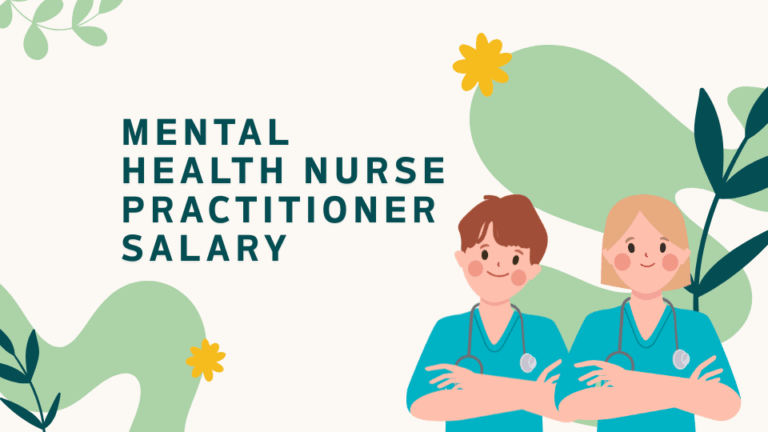Women’s mental health is a critical, yet often overlooked, aspect of overall well-being. Across the globe, more women experience conditions such as depression, anxiety, postpartum mood disorders, and trauma-related challenges compared to men. Recognizing this, specific awareness months and campaigns have been dedicated to shedding light on women’s mental health, the barriers they face, and the support available to them.
So, when exactly is Women’s Mental Health Month? And why does it matter so much in our broader healthcare conversations? Let’s explore in detail.
The Official Month for Women’s Mental Health
Understanding and responding to women’s mental health needs is more important than ever—yet confusing nomenclature can cloud awareness efforts. Let’s clarify this: although there isn’t an official national month devoted solely to women’s mental health, there are meaningful observances throughout the year that focus attention on women’s psychological well-being.
Official Mental Health Observances in the U.S.
- May is Mental Health Awareness Month, established in 1949 by Mental Health America to promote mental wellness and reduce stigma for all individuals.
- During May, organizations like SAMHSA, NAMI, and the American Hospital Association roll out campaigns, toolkits, and resources emphasizing mental health—often with special programming for women.
Women’s Health Week: A Focused Moment in May
While there is no separate Women’s Mental Health Month, the week surrounding Mother’s Day—typically in the second week of May—is widely recognized as Women’s Mental Health Week. This week spotlights gender-specific mental health challenges and supports.
- For example, in 2024, it was observed from May 12–18.
- In 2025, projections place Women’s Mental Health Week around May 12–16.
Women’s Mental Health Month is officially observed during the month of May each year in the United States. This timing aligns with Mental Health Awareness Month, which also takes place in May, creating a synergistic approach to mental health education and advocacy. The designation of May as Women’s Mental Health Month was established to bring specific attention to the unique mental health challenges that women face throughout their lives.
Additional Women’s Health Focus: Women’s Health Month
Separately, it’s important to recognize that May is also Women’s Health Month, kicking off with Women’s Health Week. This observance targets a wide array of women’s health topics—including reproductive health, screenings, and mental well-being.
| Observance | Timeframe | Scope & Focus |
|---|---|---|
| Mental Health Awareness Month | May | Mental health for all genders |
| Women’s Mental Health Week | Typically the 2nd week of May | Women-focused mental health awareness |
| Women’s Health Month | Entire month of May | Broader women’s health, including mental health |
Historical Background of Women’s Mental Health Month
The establishment of Women’s Mental Health Month reflects a growing recognition of gender-specific mental health needs. Historically, women’s mental health concerns were often overlooked, misunderstood, or attributed to “hysteria” or other dismissive explanations. The formal recognition of this awareness month represents significant progress in acknowledging that women’s mental health deserves specialized attention and resources.
The movement to establish Women’s Mental Health Month gained momentum in the early 2000s as mental health advocates and healthcare professionals recognized the need for targeted awareness campaigns. The designation helps address historical gaps in mental health research and treatment that often excluded or minimized women’s experiences.
Why Women’s Mental Health Has Its Own Month
Many wonder why there is a separate month dedicated specifically to women’s mental health. The reasons are rooted in science, sociology, and lived experiences:
- Biological Differences Women undergo unique hormonal changes throughout their life—puberty, menstrual cycles, pregnancy, postpartum periods, and menopause. Each stage can trigger or exacerbate mental health challenges.
- Sociocultural Factors Women are more likely to face issues such as caregiving stress, workplace inequality, domestic violence, and cultural stigma around seeking help.
- Statistical Data Studies show women are nearly twice as likely as men to suffer from anxiety and depression. Suicide attempts are also more frequent among women, though men have higher suicide mortality rates.
- Postpartum Mental Health Around 1 in 7 new mothers experiences postpartum depression or anxiety, a condition that requires special focus.
By setting aside a month, awareness campaigns bring visibility to these realities and encourage women to seek help without stigma.
Understanding Women’s Unique Mental Health Needs
Women face distinct mental health challenges that differ significantly from those experienced by men. These differences stem from biological, psychological, social, and cultural factors that interact in complex ways throughout a woman’s life. Recognizing these unique needs is essential for providing effective mental health support and treatment.
Biological Factors Affecting Women’s Mental Health
Women’s mental health is significantly influenced by hormonal fluctuations that occur throughout their lives. These biological factors create unique vulnerabilities and considerations that must be addressed in mental health care approaches.
Hormonal Influences Throughout Life Stages
- Puberty and Adolescence: Dramatic hormonal changes during puberty can trigger the onset of mental health conditions like depression and anxiety
- Menstrual Cycle: Monthly hormonal fluctuations can affect mood, energy, and emotional regulation
- Pregnancy and Postpartum: Pregnancy hormones and postpartum hormone crashes create significant mental health risks
- Perimenopause and Menopause: Declining estrogen levels can contribute to depression, anxiety, and cognitive changes
- Premenstrual Syndrome (PMS): Severe PMS can significantly impact mental health and quality of life
A Global Perspective: Women’s Mental Health Awareness Worldwide
While the U.S. recognizes May, other countries and organizations also highlight women’s mental health through designated days and campaigns.
| Month / Week | Observance | Focus |
|---|---|---|
| May | Mental Health Awareness Month | Mental health across all groups |
| Mother’s Day Week (May) | Often observed as Women’s Mental Health Week | Women’s unique mental health needs |
| October (first week) | Mental Illness Awareness Week | General mental illness awareness |
| October 10 | World Mental Health Day | Global mental health advocacy |
Key Themes Addressed During Women’s Mental Health Month
1. Hormonal Health and Mental Wellness
- PMS (premenstrual syndrome) and PMDD (premenstrual dysphoric disorder) can intensify mood swings.
- Menopause often comes with increased risks of depression and sleep issues.
- Hormonal imbalances can exacerbate anxiety and emotional instability.
2. Postpartum Mental Health
- Postpartum depression, anxiety, and OCD affect new mothers.
- Awareness campaigns stress the importance of screening at prenatal and postnatal visits.
3. Trauma and Abuse
- Domestic violence and sexual trauma disproportionately affect women.
- PTSD rates are higher among women survivors of violence.
4. Workplace Stress and Burnout
- Women balancing careers and caregiving face higher levels of stress.
- Workplace inequality can further contribute to mental health decline.
5. Intersectionality
- Women of color, LGBTQ+ women, and those from disadvantaged communities face compounded challenges.
Activities and Campaigns During Women’s Mental Health Month
- Community Events – Seminars, wellness workshops, and mental health fairs.
- Educational Webinars – Covering stress management, meditation, and nutrition for mental wellness.
- Support Groups – Safe spaces for women to share their struggles and healing journeys.
- Policy Advocacy – Campaigns urging governments to fund more women-focused mental health services.
- Holistic Approaches – Integration of natural therapies like yoga, herbal supplements, and lifestyle changes.
The Role of Nutrition in Women’s Mental Health
Diet plays a significant role in mood stability and resilience against stress. Women’s Mental Health Month highlights this connection.
Nutrients that support mental wellness:
- Omega-3 fatty acids (found in salmon, walnuts) reduce inflammation and depression.
- Magnesium (leafy greens, nuts) helps regulate mood.
- B vitamins support energy and brain health.
- Probiotics (yogurt, fermented foods) improve gut-brain connection.
For more on nutrition and wellness, visit our Nutrition Category.
Lifestyle Changes to Improve Women’s Mental Health
A balanced lifestyle can significantly reduce mental health risks.
- Sleep Hygiene: 7–9 hours of restorative sleep helps regulate mood.
- Physical Activity: Exercise boosts endorphins, aiding stress relief.
- Mindfulness Practices: Meditation and yoga reduce cortisol levels.
- Digital Detox: Limiting screen time reduces anxiety.
Explore more strategies in our Lifestyle Category.
Men vs. Women: A Comparison of Mental Health Statistics
| Factor | Women | Men |
|---|---|---|
| Depression Rates | Higher | Lower |
| Anxiety Disorders | Higher | Lower |
| PTSD | More prevalent due to trauma exposure | Less prevalent |
| Suicide Attempts | Higher | Lower |
| Suicide Deaths | Lower | Higher |
This table underscores why a separate focus month for women is so important. For men’s challenges, see our Men’s Health Category.
Real-Life Challenges Shared by Women
During Women’s Mental Health Month, stories of real women bring statistics to life:
- A new mother’s battle with postpartum depression highlights the need for screening.
- A working woman facing burnout emphasizes workplace reforms.
- A survivor of domestic violence showcases resilience and the importance of therapy.
These narratives not only inspire but also normalize conversations around seeking help.
Holistic and Natural Approaches to Women’s Mental Health
As a natural health advocate, I emphasize that while therapy and medication are essential for many, holistic approaches can complement conventional treatments:
- Herbal Support: Ashwagandha, St. John’s Wort, and chamomile for stress relief.
- Acupuncture: Improves mood regulation and sleep.
- Aromatherapy: Lavender and bergamot oils for relaxation.
- Ayurveda & Traditional Chinese Medicine: Time-tested systems addressing hormonal and emotional balance.
How Women’s Mental Health Month Impacts Policy and Healthcare
Awareness months influence more than just public conversations. They drive policy changes, increased research funding, and healthcare system reforms. Some examples:
- Expanded insurance coverage for postpartum depression screening.
- Funding for gender-sensitive therapy programs.
- Workplaces integrating mental wellness days.
Final Thoughts
When is Women’s Mental Health Month? Women’s Mental Health Month in May serves as a crucial reminder of the importance of supporting women’s psychological well-being throughout their lives. By understanding when this important observance occurs and taking meaningful action to address women’s unique mental health needs, individuals, communities, and organizations can contribute to better mental health outcomes for women everywhere.
The month of May provides focused attention on these critical issues, but true progress requires sustained commitment to understanding, supporting, and advocating for women’s mental health year-round. Whether through personal self-care, supporting others, participating in community initiatives, or advocating for system changes, everyone can play a role in improving women’s mental wellness.
What is Women’s Mental Health Month?
Women’s Mental Health Month, observed in May during Mental Health Awareness Month, highlights the unique mental health challenges women face and promotes awareness, education, and access to supportive care.
Why is Women’s Mental Health Month important?
It emphasizes how factors such as hormones, pregnancy, postpartum changes, and social pressures impact women’s mental health, ensuring resources and advocacy are directed toward gender-specific needs.
How is Women’s Mental Health Month different from general Mental Health Awareness Month?
While Mental Health Awareness Month addresses overall mental health, Women’s Mental Health Month focuses specifically on conditions like postpartum depression, anxiety, and hormonal mood changes unique to women.
What activities promote awareness during Women’s Mental Health Month?
Common activities include community workshops, online mental health campaigns, health screenings, wellness seminars, and collaborations with organizations to increase access to education and resources for women.
How can individuals support Women’s Mental Health Month?
People can participate by spreading awareness, supporting loved ones, sharing reliable information, advocating for better policies, and encouraging women to seek professional help when needed.








